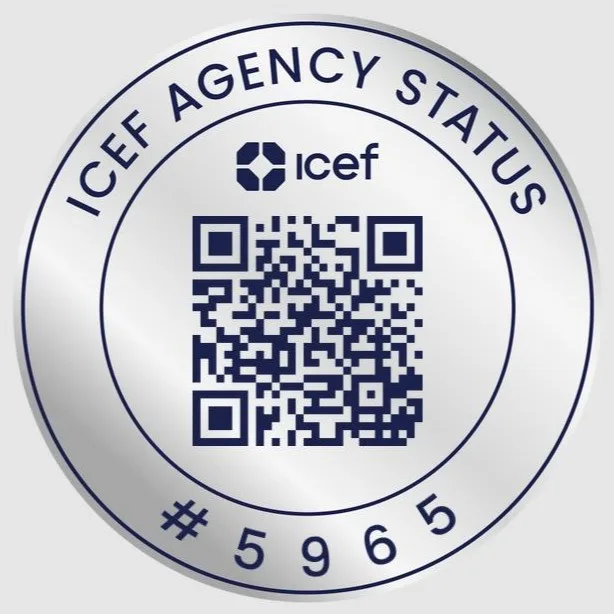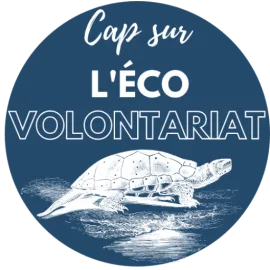FAMILY HUMANITARIAN TRIP
Join a volunteer project as a family and provide children with an educational and eye-opening experience while working in cooperation with local communities!


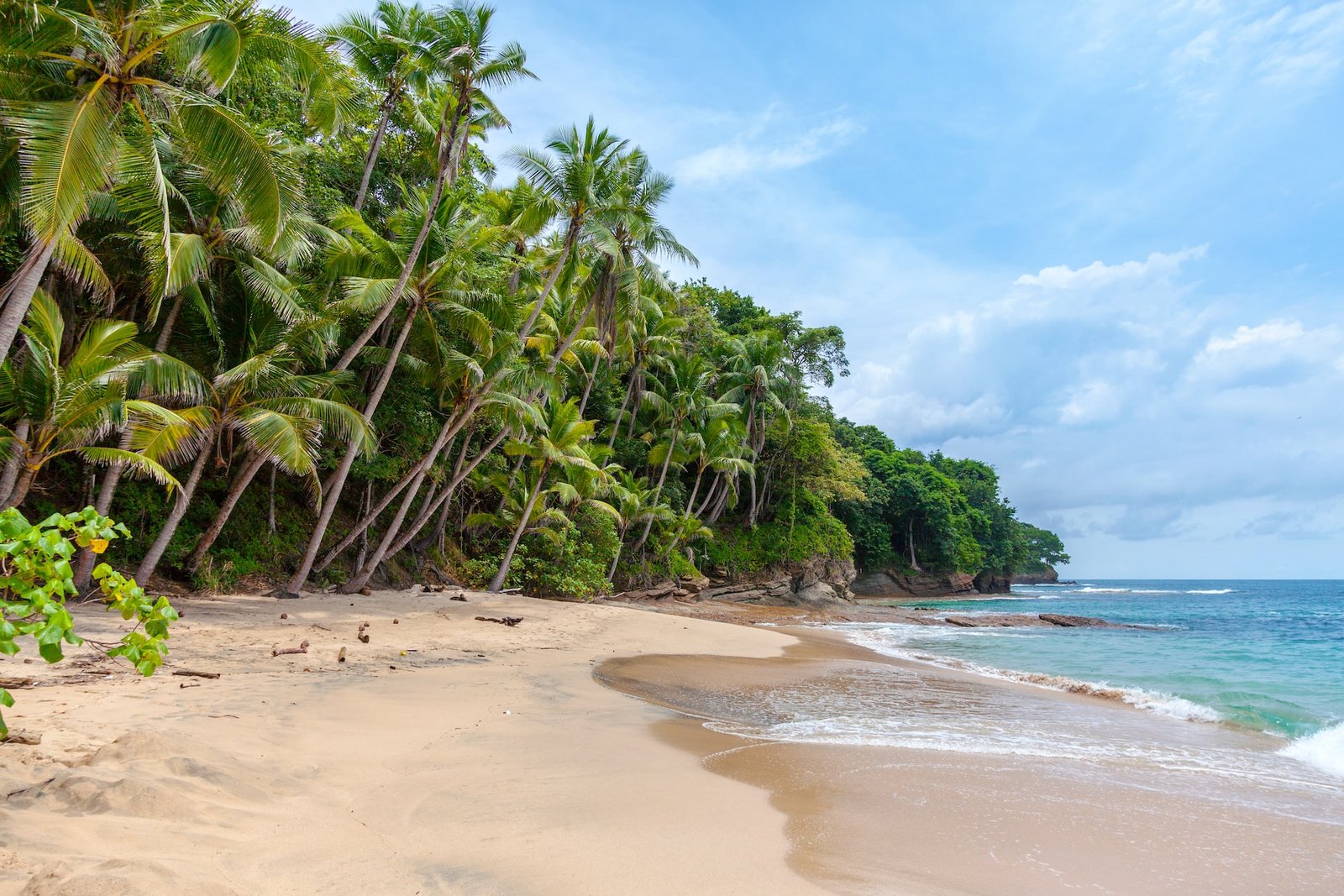
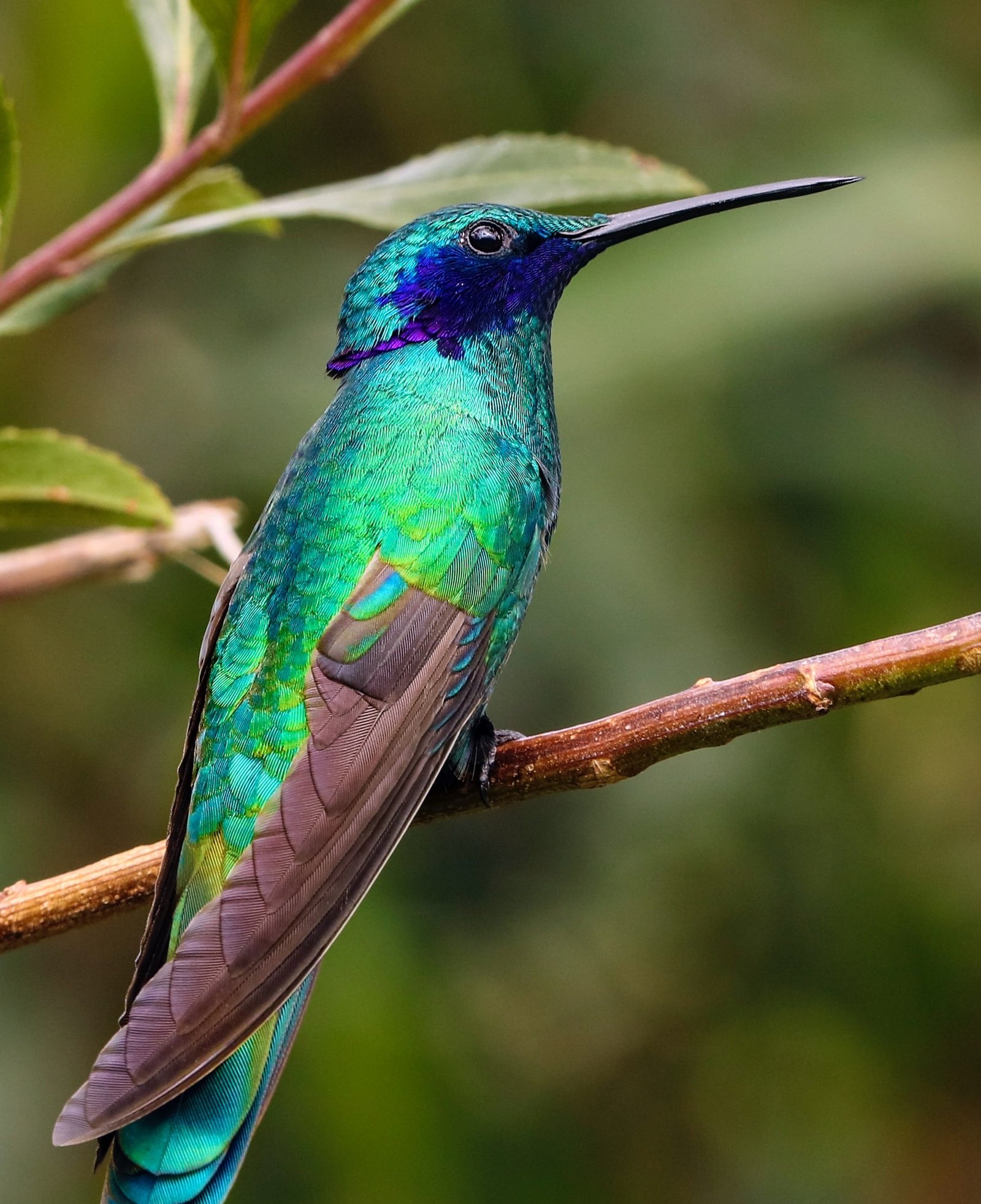



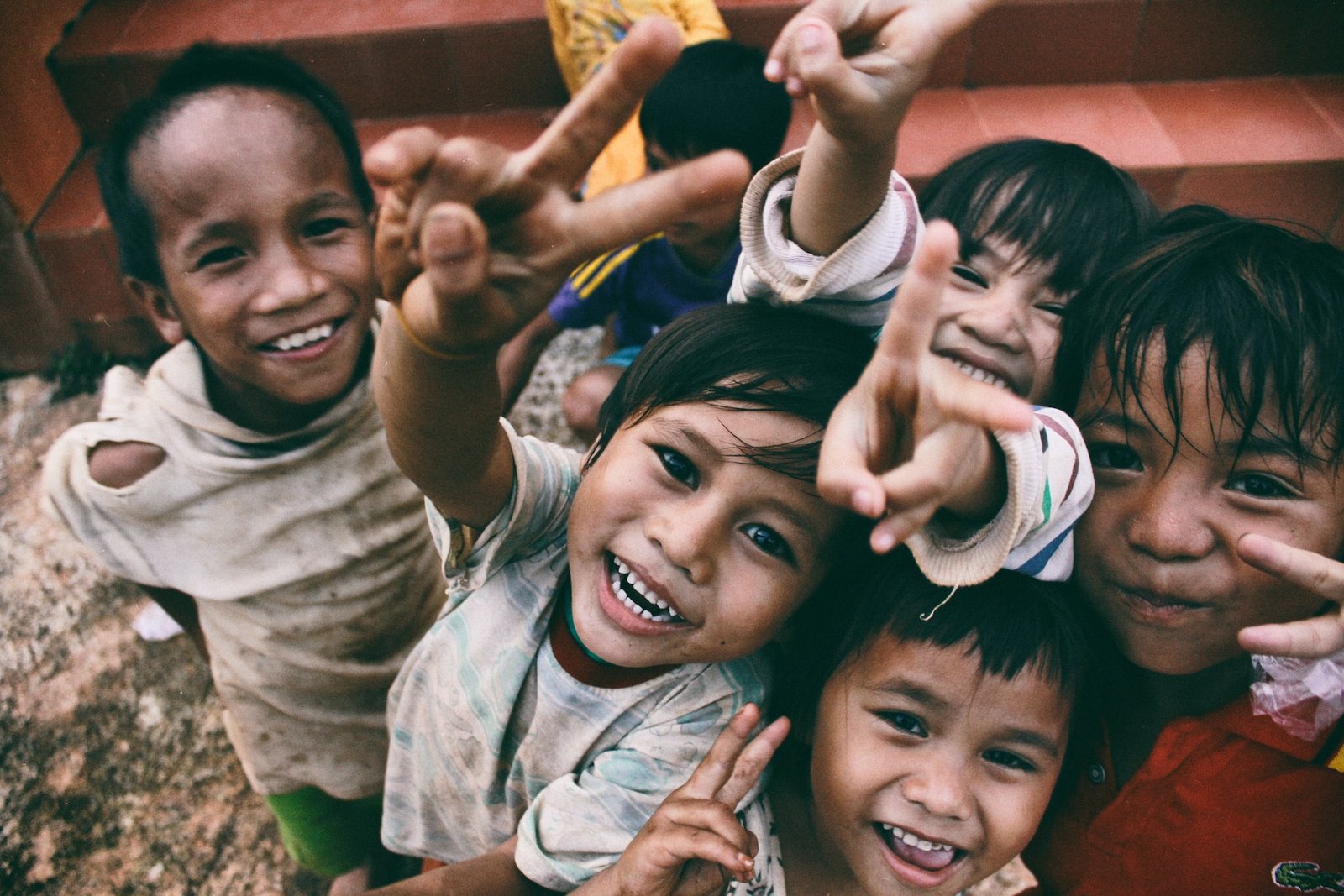
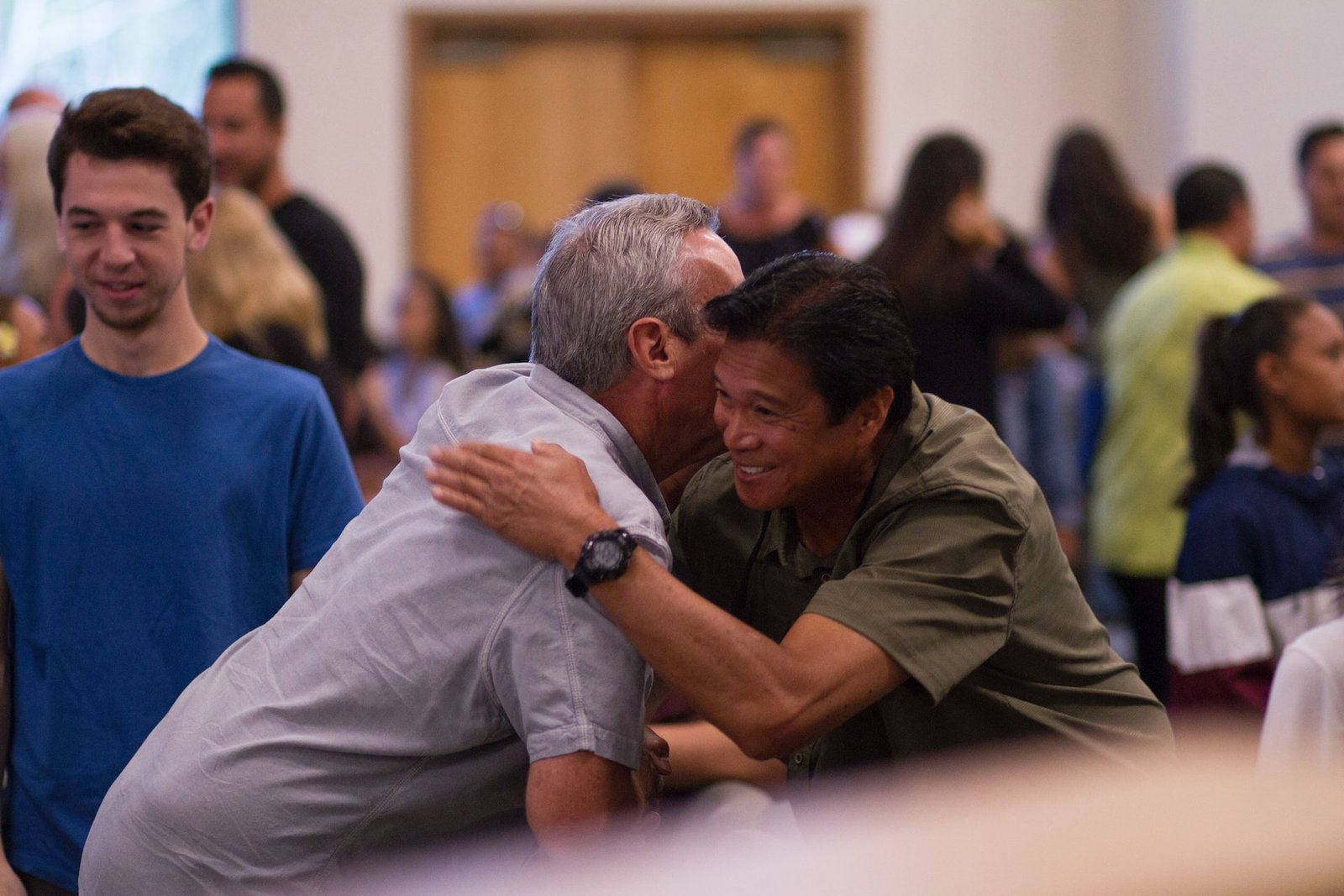
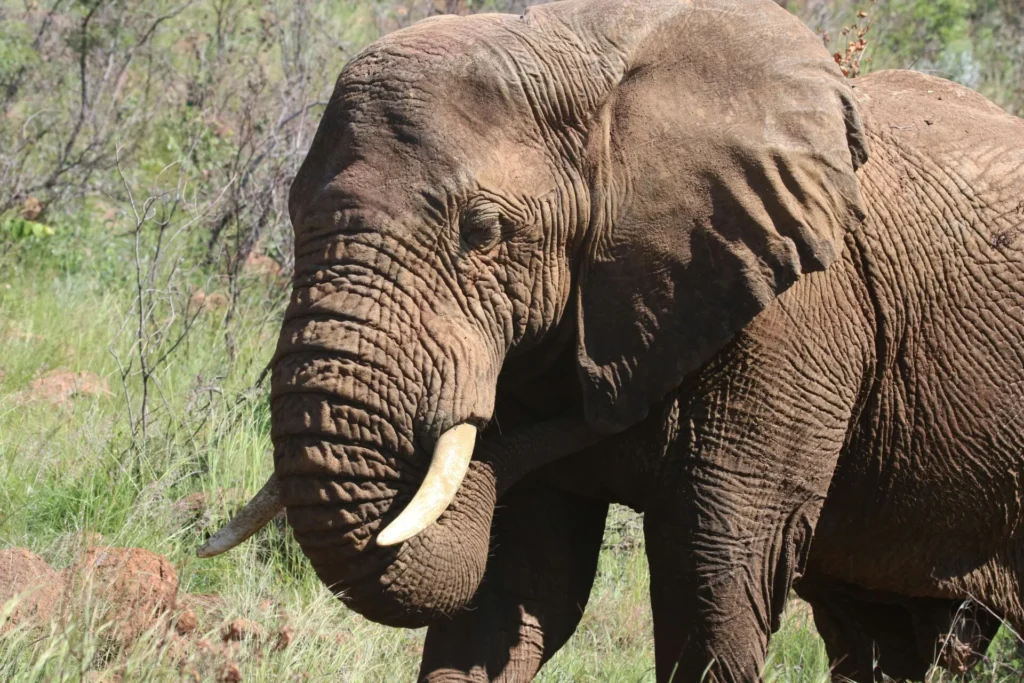
Family humanitarian travel has gained a lot of momentum recently, and this may be due to the fact that generations influence each other and encourage each other to get involved in social or environmental projects.
Indeed, it is likely that parents who have participated in a community project will influence their children in this direction. It is part of a parent’s role to make their children aware of our planet’s problems and to encourage them to get involved in a cause.
Family humanitarian travel is an opportunity to travel the world and provide an educational experience for children through projects in cooperation with local people. Explore new cultures and help children understand our planet’s realities and challenges, and open their minds. Many parents find that their children become aware of their privileged position after experiencing other circumstances.
We often don’t realise it until it’s too late, but family time is very precious. In an age of new technologies and fast-paced lifestyles, it can be difficult to spend quality time with your family. A family humanitarian trip is the perfect opportunity to disconnect and enjoy a country in a more authentic way. Children experience things in a different way and will make unforgettable connections!
A family humanitarian trip is a way to combine travel and volunteer work as a family. Joining a family humanitarian trip program, you are improving a challenging socio economic situation in another country, while traveling as a family.
Family projects take place in accessible and safe locations. As with youth humanitarian trips, preference is given to stable destinations where it is easy to get around.
Most projects that welcome families with young children adapt the assignments so that family members can stay together and share as many activities as possible, whatever the assignment. For example, on the turtle project in Sri Lanka, the host NGO offers a range of activities to keep the younger children interested and motivated (beach cleaning, etc.).
The working days can also be shorter (3-4 hours instead of 5-6 hours) and accommodation is adapted. Most local teams provide private rooms or family rooms instead of the usual dormitories.
Finally, parents are exclusively responsible for their children during the assignment. Assignments may vary according to the age of the children and their height – for large predators, you should not be under 1.5m!
Family projects are suitable for children from 4 years old. Our advisors will provide personalized recommendations based on your children’s ages, the destination, and the type of mission.
As a family, you are looking for a volunteer program that benefits all family members of multiple ages. You can choose from various types of volunteering projects such as:
“We decided to go on a family humanitarian trip to the Galapagos Islands on a nature camp. We felt it was the perfect balance between discovering a new country and contributing to the development of local people. We knew that we were not going to change the world, but that this experience would change something in us. The most important thing is to be willing to commit and share your experience to inspire as many people as possible”.
Multi-generational volunteering is a way of bringing together older and younger generations in a shared commitment to social or environmental causes.
| | Merci pour votre abonnement |




